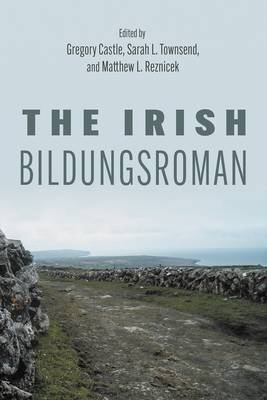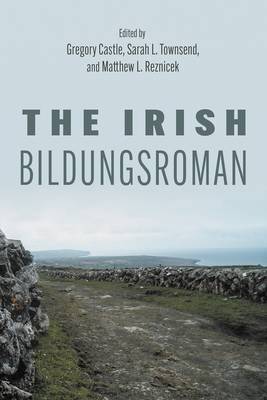
- Retrait gratuit dans votre magasin Club
- 7.000.000 titres dans notre catalogue
- Payer en toute sécurité
- Toujours un magasin près de chez vous
- Retrait gratuit dans votre magasin Club
- 7.000.0000 titres dans notre catalogue
- Payer en toute sécurité
- Toujours un magasin près de chez vous
Description
The classical Bildungsroman charted an idealized path of human development: the harmonizing of individual desires and societal norms in the formation of a well-rounded liberal subject. But what happens when this Enlightenment blueprint for self-cultivation runs up against the particularities of a colonial society riven by nationalism, revolution, and uneven modernization?
The Irish Bildungsroman provides the first comprehensive study of how this quintessentially bourgeois and European genre is transformed and reinvented by Irish writers from the Act of Union to the present day. Through incisive readings of over two centuries of Irish novels, the volume's contributors illuminate the diverse narrative strategies Irish authors have employed to depict personal formation within colonial and postcolonial communities shaped by competing religious, class, gender, and ethnic interests.
Spécifications
Parties prenantes
- Editeur:
Contenu
- Nombre de pages :
- 398
- Langue:
- Anglais
- Collection :
Caractéristiques
- EAN:
- 9780815638537
- Date de parution :
- 17-02-25
- Format:
- Livre relié
- Format numérique:
- Genaaid
- Dimensions :
- 152 mm x 229 mm
- Poids :
- 693 g

Les avis
Nous publions uniquement les avis qui respectent les conditions requises. Consultez nos conditions pour les avis.





